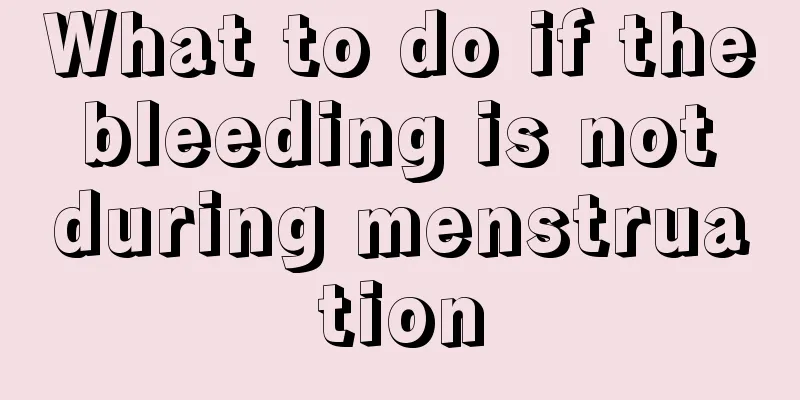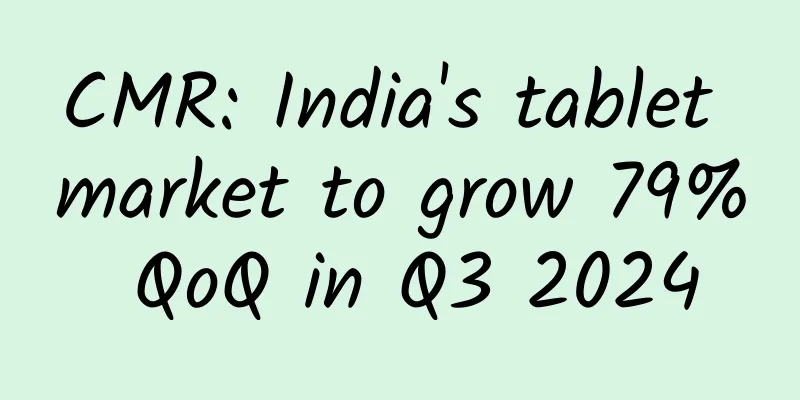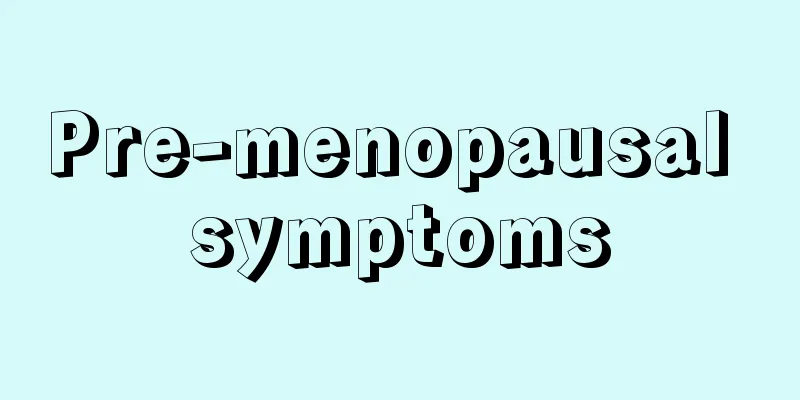[Medical Q&A] Can kidney disease cause high blood pressure?
![[Medical Q&A] Can kidney disease cause high blood pressure?](/upload/images/67f0e3b673633.webp)
|
Author: Cai Jun, Chief Physician, Fuwai Hospital, Chinese Academy of Medical Sciences Reviewer: Wang Fang, Chief Physician, Beijing Hospital Yes, kidney disease may cause high blood pressure! Some high blood pressure can be clearly identified, which is called secondary hypertension. Renal hypertension is a common type of secondary hypertension. It is high blood pressure caused by kidney disease, such as acute or chronic glomerulonephritis, chronic pyelonephritis, kidney stones, polycystic kidney, renal artery stenosis, etc., which can all cause high blood pressure. If you suspect that high blood pressure is caused by kidney disease, you need to have a careful examination. This includes testing blood urea nitrogen and creatinine, converting the glomerular filtration rate (GFR) to evaluate renal function; testing urine for microalbuminuria to reflect the severity of renal damage and monitor the progression of renal damage; for patients with reninoma, you also need to test the level of renin expression; for renal vascular hypertension with renal artery stenosis, imaging examinations are also required. Of course, the specific examination methods should be selected by the doctor based on the specific situation of the patient. In terms of treatment, a comprehensive treatment plan should be formulated for the treatment of renal hypertension, including lifestyle adjustments, medications, surgery, etc. For example, get rid of bad habits such as smoking, alcoholism, and staying up late to eliminate their effects on physical health. In terms of drug treatment, when choosing antihypertensive drugs, the first choice is drugs that cause less damage to renal function, such as captopril, enalapril, losartan, valsartan, etc.; if renal function is impaired, nifedipine, furosemide, etc. can be used. Antihypertensive drugs usually start at a low dose. If a single drug cannot bring blood pressure to the standard, combination therapy should be actively used. In addition, for different kidney diseases, such as pyelonephritis, kidney stones, polycystic kidney disease, renal artery stenosis, etc., corresponding drug or surgical treatment should also be carried out. |
<<: High myopia is not just myopia? It is hereditary! It can cause many complications!
Recommend
Vulvar itching after menstruation
Right after the menstruation ends, because in the...
What do the black and white keys on a piano represent? What is the difference between an electric piano and a piano?
As people's living standards and quality of l...
What to do if you have anemia after giving birth
Many mothers will experience anemia after giving ...
World Diabetes Day - Know the risks, know how to respond
On November 14, 2023, we will usher in the 17th U...
What to do if you have itchy lower body during menstruation
Menstruation is a painful part for every woman. H...
How to use yoga to treat gynecological inflammation?
Yoga is a very popular health-care exercise in li...
What are the symptoms of esophageal cancer? You can do this to prevent esophageal cancer
What are the symptoms of esophageal cancer? Let&#...
I always feel like there is gas in my stomach. What's going on?
After dinner Some people experience "flatule...
Will you get glaucoma if you often play with your phone in the dark?
When your eyes feel uncomfortable Many people thi...
What to do if the lower part is itchy
When treating symptoms of vulvar redness, swellin...
Prevention and treatment of rabies
In my country, dogs are the animals most likely t...
How does an anti-cancer drug worth 1.2 million treat cancer? Is it really effective?
Several friends have been asking Huazi whether th...
The best sleeping position for pregnant women to protect their fetus
Expectant mothers, do you know that your sleeping...
The benefits of women drinking glutinous rice wine
Glutinous rice wine is a traditional delicacy tha...
The belly turns black during pregnancy, which is caused by fetal toxicity
During pregnancy, the expectant mother can be sai...









